Many people with coeliac disease often tell me that bloating was of the symptoms they experienced prior to diagnosis. Bloating is a feeling of your stomach being uncomfortably stretched, almost like there is an inflated balloon in your abdomen. It is completely normal to experience some bloating as a bi-product of digestion, however when the bloating starts to cause you grief, it’s important to seek medical advice to rule out any medical issues.
Whilst often gluten is blamed as the culprit for bloating, people on a strict gluten free diet can still experience bloating. There’s a number of reasons for that, here’s why –
- Non-compliance to the GFD - Sometimes the feeling of bloating sticks around in the early days of coeliac diagnosis while the gut is healing, however one of the reasons it may not disappear or reappears every now and then is due to non-compliance. Damage to the villi of the small intestine affect its ability to absorb nutrients and therefore poorly digested nutrients ferment in the large intestine causing bloating.
Tips for management:
- Be aware of hidden gluten
- Ensure you are reading food labels correctly on products not labelled ‘gluten free’
- Avoid using products with a ‘may contain statement’
- Always try to minimise the risk of cross contamination
Seeking extra support from an expert coeliac dietitian is the best way to live gluten free with confidence, assist with compliance to the gluten-free diet and minimise ongoing gut issues.

- Constipation - You might be emptying your bowels daily, but if your stools are hard and lumpy, you’re straining and have an uncomfortable feeling in your belly aka “bloating” – you might be constipated without even knowing it! It is not uncommon, particularly amongst newly diagnosed people with coeliac disease. Just like you might feel constipated when you travel, a change in diet, particularly one that goes from high fibre to low fibre is one of the common causes of constipation. For many, this change goes hand in hand with transitioning to a gluten free diet.
Tips for management:
- Gradually increase your fibre intake. Your gastrointestinal tract needs to adapt to the changes in stool bulk and the increases in bacterial breakdown (fermentation) and resulting gas production in the large intestine. Try adding in small quantities of a new high fibre food every few days and spread your fibre out throughout the day.
- Try adding fibre in these easy ways:
- add a teaspoon of linseed or LSA to your breakfast cereal or smoothie
- choose gluten free whole grains such as quinoa, buckwheat, amaranth, chickpeas, lentils, rice and wholemeal/grain breads over the white varieties
- include fruit, vegetables, nuts or seeds at snacks
- add legumes to meals (e.g., lentils in Bolognese, chickpeas in a salad or soup).
- More is not always better! Some people who are sensitive to gas production from bacterial fermentation may benefit from reducing certain types of fibre.
- Drink plenty of water!
- Get moving! Aim for 30 minutes of physical activity each day.
Remember there are other non-diet related factors that may influence your bowel habits, therefore if these general recommendations aren’t working it might be time to book an appointment with your GP and/or coeliac dietitian for more tailored advice.
- Food intolerances - such as lactose intolerance are common in people with newly diagnosed coeliac disease. That’s because the damaged villi of untreated coeliac disease have a much more limited ability to release lactase, the enzyme that digests lactose. This lactose intolerance is usually only temporary however because as the lining of the gut begins to heal, so too is the ability to absorb lactose again. In the meantime, bloating may be experienced as a result of poorly digested lactose and fermentation in the large intestine.
Remember that dairy is a fantastic source of calcium which is important for building strong, healthy bones and teeth when taken with Vitamin D, muscle contraction, blood clotting and sending and receiving signals from the nerves. Therefore, it is important to reduce lactose intake (rather than limit completely) to control for symptoms such as bloating.
Tips for management:
- Adhere to the gluten-free diet to assist with gut healing
- Consume small amounts of lactose containing food/drinks in combination with other foods (not on an empty stomach)
- Start with small amounts and gradually increase your consumption to build tolerance
- Spread your lactose containing food/drinks out over the day
- Regular (full cream) milk contains less lactose than low fat or skim milk
- Yoghurt may be well tolerated (the natural bacteria in yoghurt break down the lactose over time)
- Cheese is very low in lactose and is well tolerated
When reducing your intake of a certain food group, it is always best done under the guidance of a Dietitian to ensure you are meeting your nutrition requirements and to assist with symptom relief.
- Irritable Bowel Syndrome (IBS) - is a functional bowel disorder, diagnosed using symptom criteria after the exclusion of other gastrointestinal diseases, such as coeliac disease and inflammatory bowel disease. The symptoms of IBS include lower abdominal pain, altered bowel habits, BLOATING, excessive passage of wind and distension. These symptoms can also be very similar to the gastrointestinal symptoms presenting in someone with undiagnosed coeliac disease which is why it is super important to rule out coeliac disease first.
People with coeliac disease may still experience IBS (yes, unfortunately 7-15% of the population worldwide are affected by IBS) and that’s because IBS type symptoms are a result of poorly absorbed short-chain carbohydrates (aka as FODMAPSs) such as fructans and lactose which are still present in the GFD. No one absorbs these well, but bloating is one of the symptoms that arise as a result of gut sensitivity towards the gas produced from the fermentation of certain FODMAPs.
Tips for management:
There are many ways to manage IBS including dietary approaches, a low FODMAP diet, lifestyle strategies, medications and gut-directed hypnotherapy. I’d highly recommend getting a formal diagnosis of IBS from your GP first if you are experiencing symptoms and then seeking help from a dietitian trained in the low FODMAP diet for IBS. Restricting more foods in hope of symptom relief, without the recommend support, is definitely not encouraged.
- Non-diet related factors such a stress - Have you ever noticed that when you’re feeling stressed or anxious your gut doesn’t quite feel right too? This is because of the gut-brain axis, a bi-directional communication pathway. People with coeliac disease often find themselves anxious about the possibility of eating gluten and its effects, and rightly so! But sometimes, this anxiety may be the cause of gut symptoms such as bloating, rather than gluten itself!
Tips for management:
- Improve your coeliac safety knowledge when it comes to reading food labels, knowing where the risk of cross contamination lies and eating out to build your confidence and reduce anxiety related to being ‘glutened’.
- Keep a food & mood diary to help you identify the possible link between your feelings & symptoms
- Practise self-care and take time out to prioritise activities that help you reduce stress such as going for a walk, chatting with a friend, reading a book or meditating.
SUMMARY
As you can see, gastrointestinal issues such as bloating are not simple to manage. They can be caused by many different things as described above, many of which seem to overlap with having coeliac disease. If you know that none of the above applies to you but you do suffer from bloating, perhaps you may want to start off by trying these simple tips to help ease the pain.
- Swap fizzy drinks for plain water. Add cucumber, herbs or fruit for flavour
- Eat slowly – chew thoroughly and put your cutlery down between each bite
- Don’t talk while you’re chewing (to reduce the amount of air you swallow)
Like any gastrointestinal symptom, if it is continuing to cause you grief, please make sure to check in with your GP for further investigation.
In addition, working alongside a dietitian trained in the low FODMAP diet and coeliac disease is highly encouraged to enable you to get to the root of your gut issues without restricting food/food groups unnecessarily and of course ensure that your gluten free diet is free of gluten and serving your health needs best.
Written by Jessica Milliner
Coeliac & Gut Health Dietitian (trained in the low FODMAP diet for Irritable Bowel Syndrome)
Contact details -
Website: www.jessicamilliner.com
Instagram: @coeliac.dietitian.jess
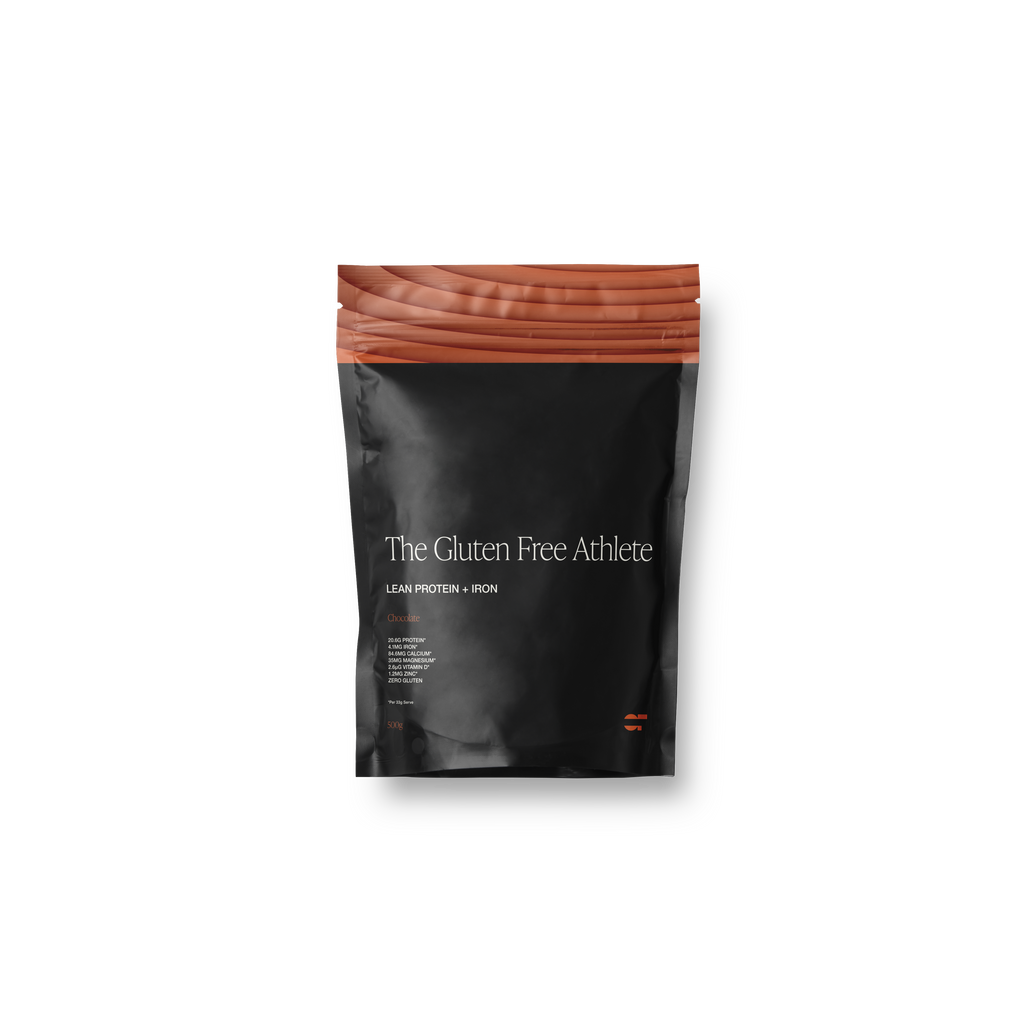
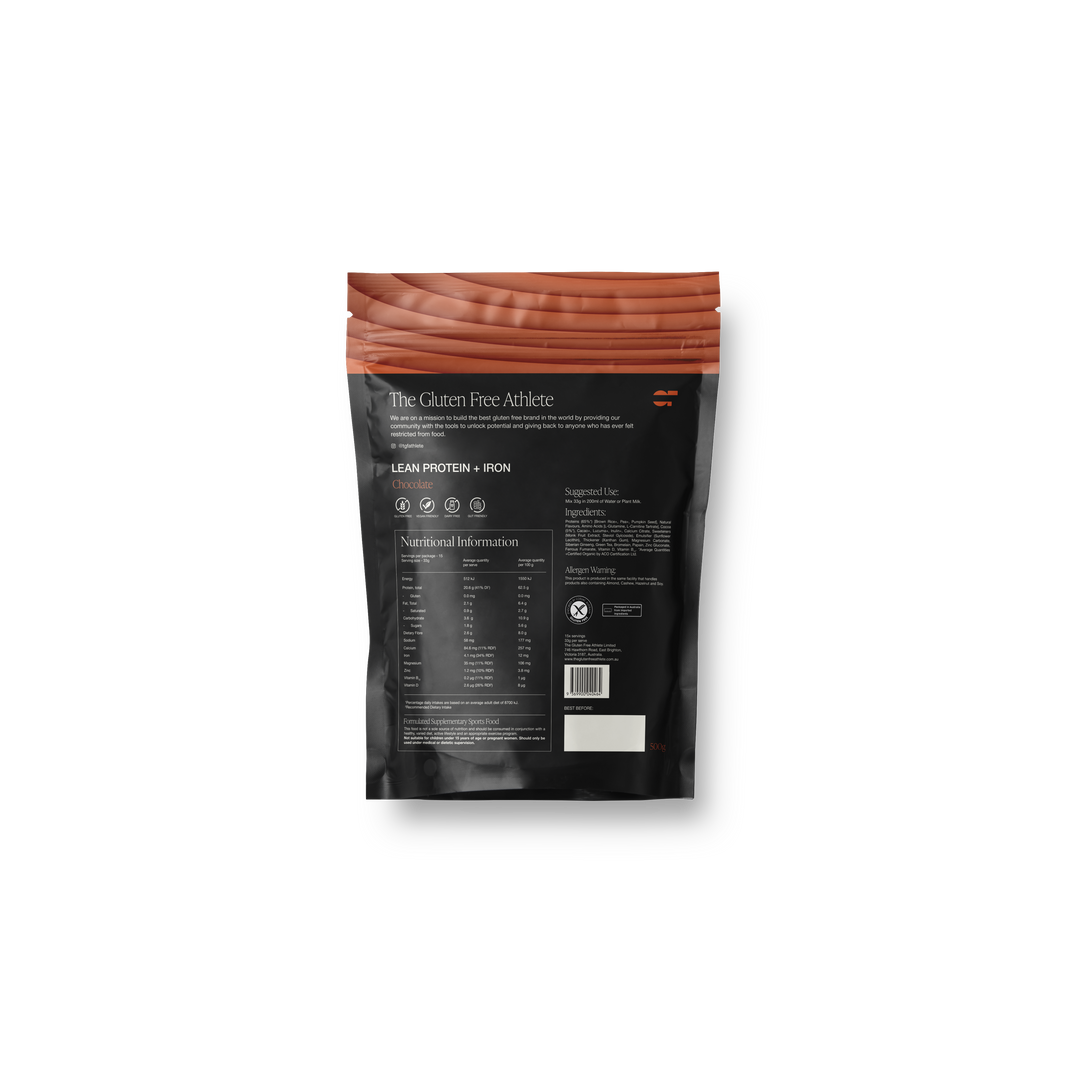
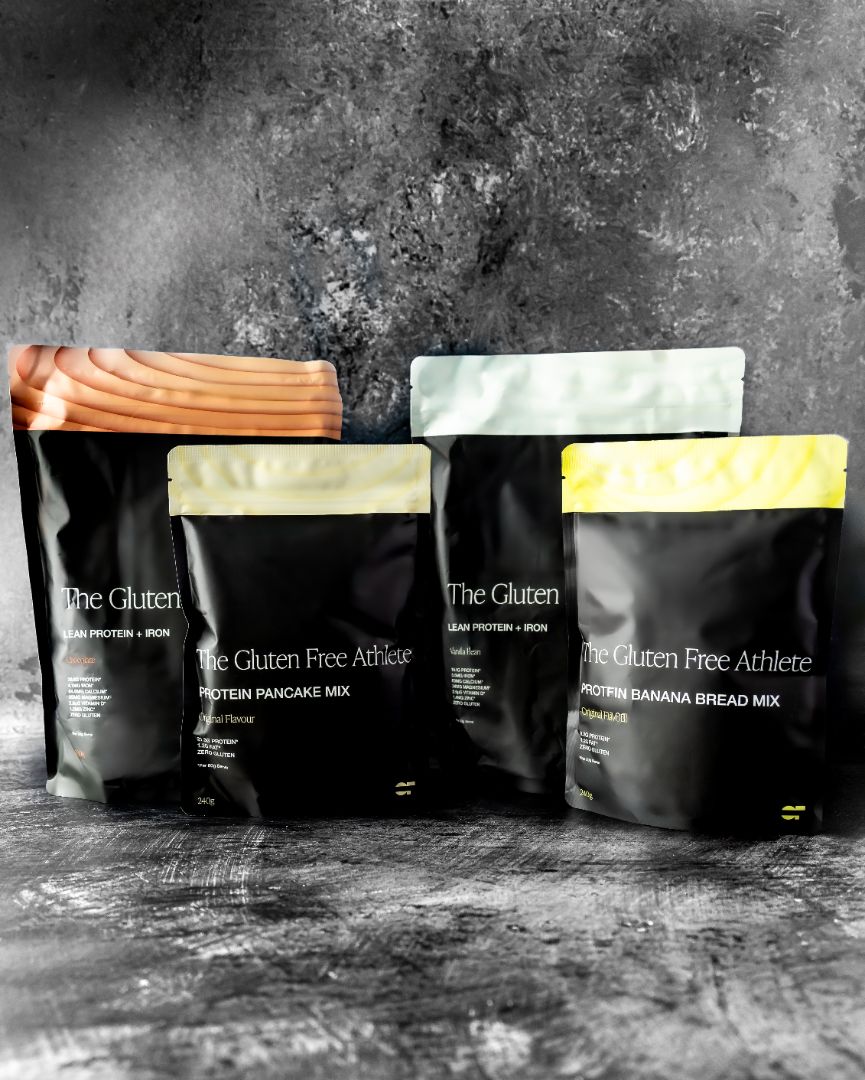

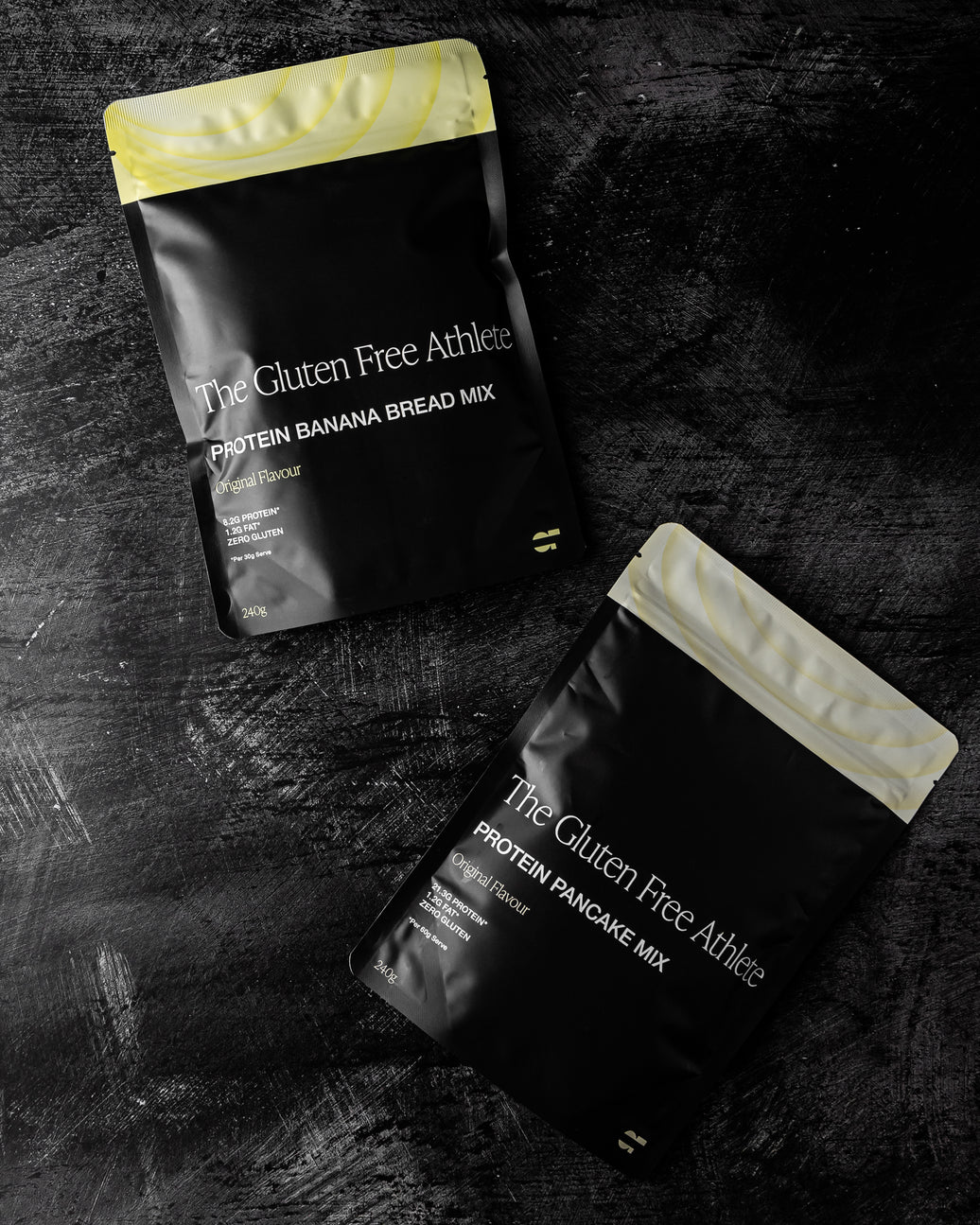
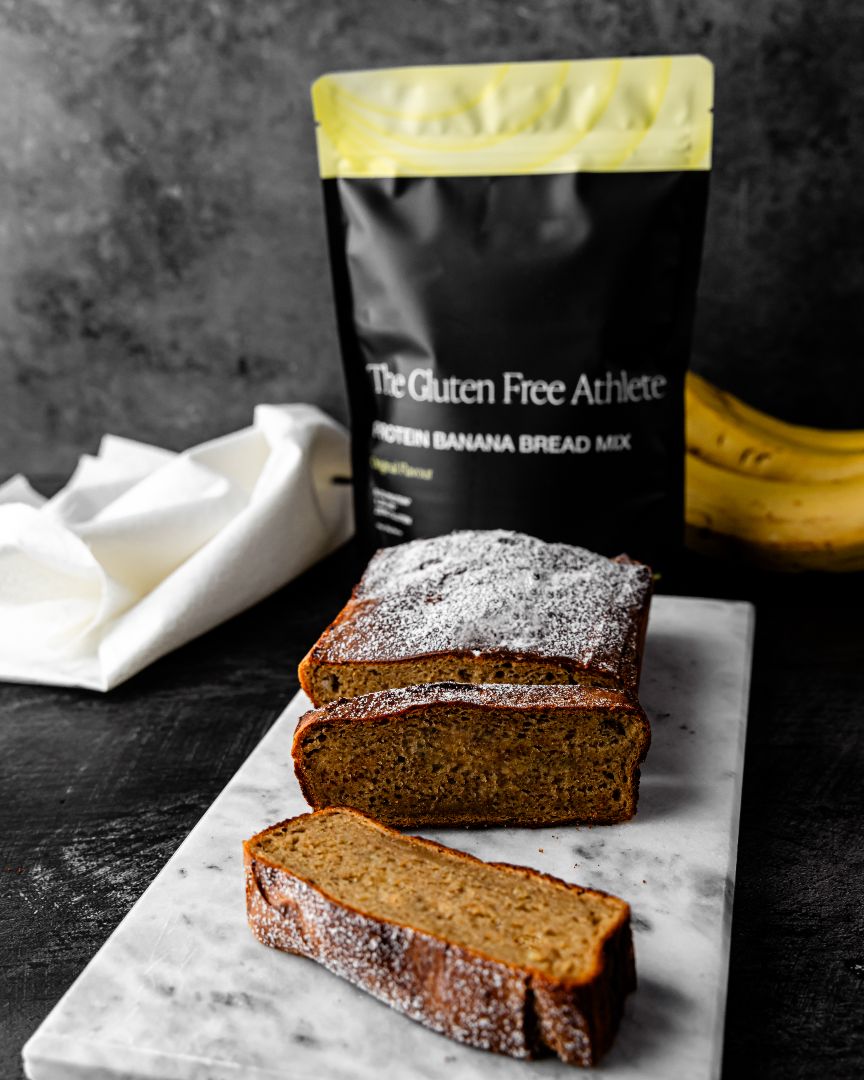
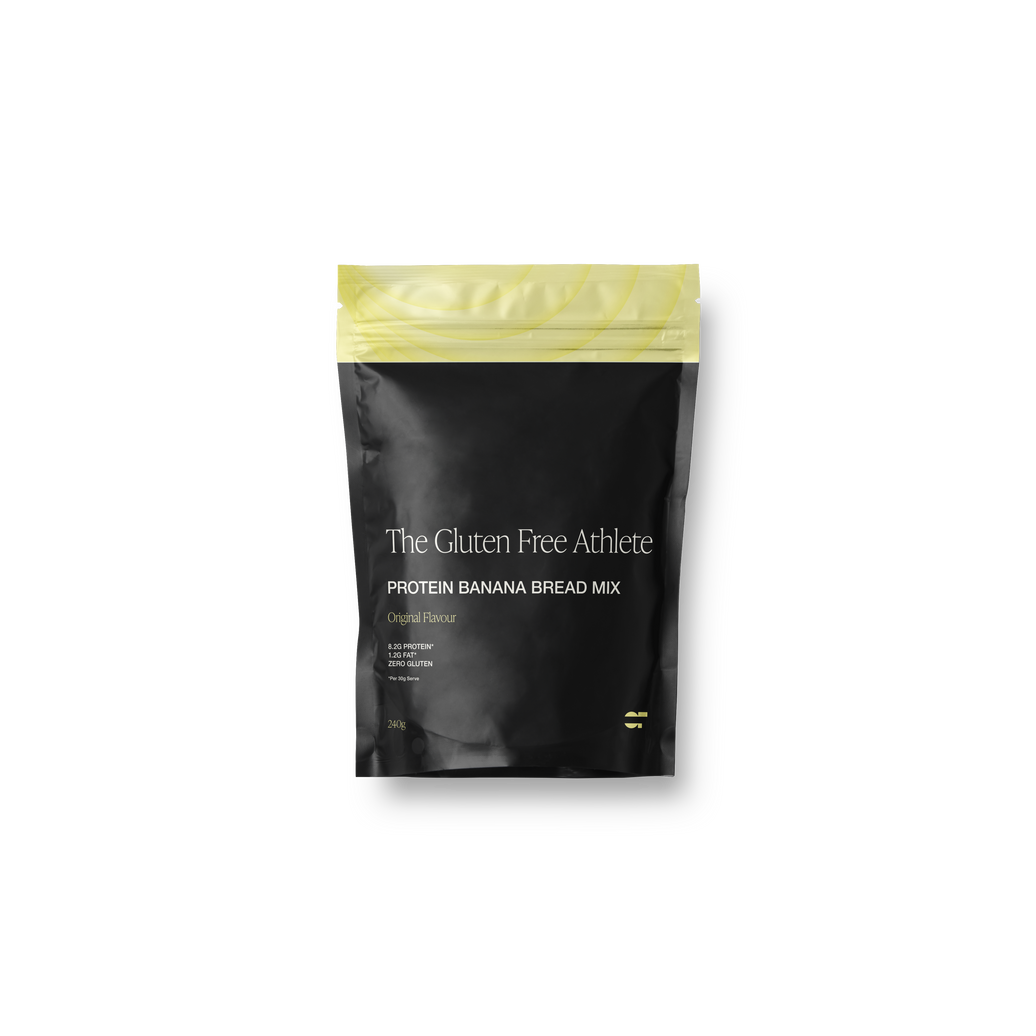
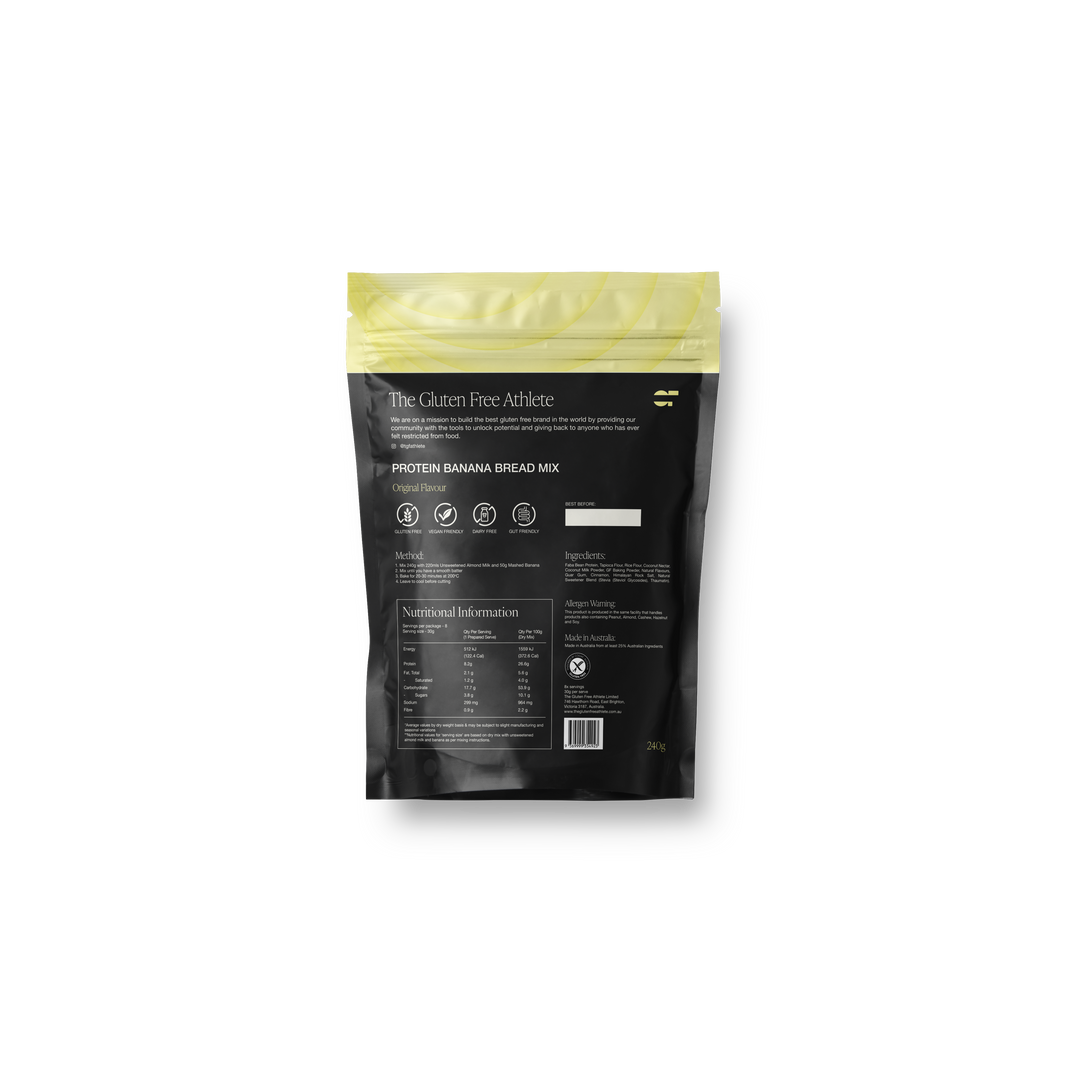
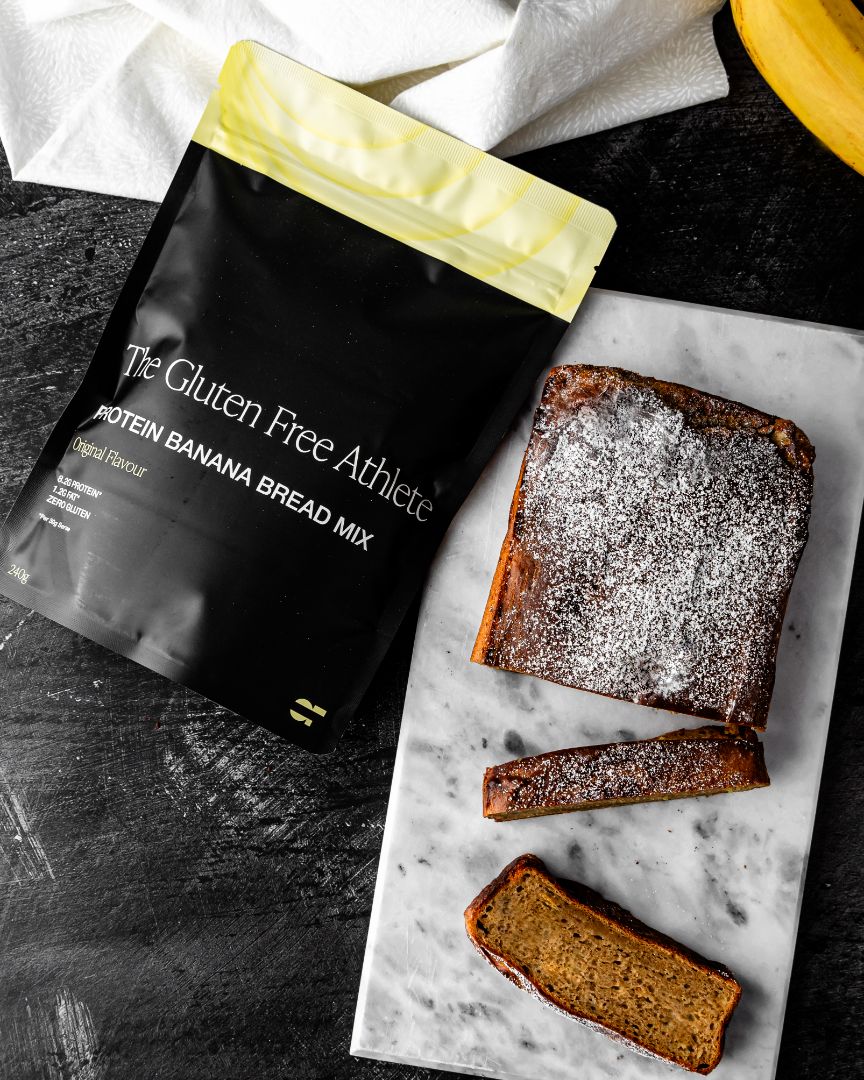
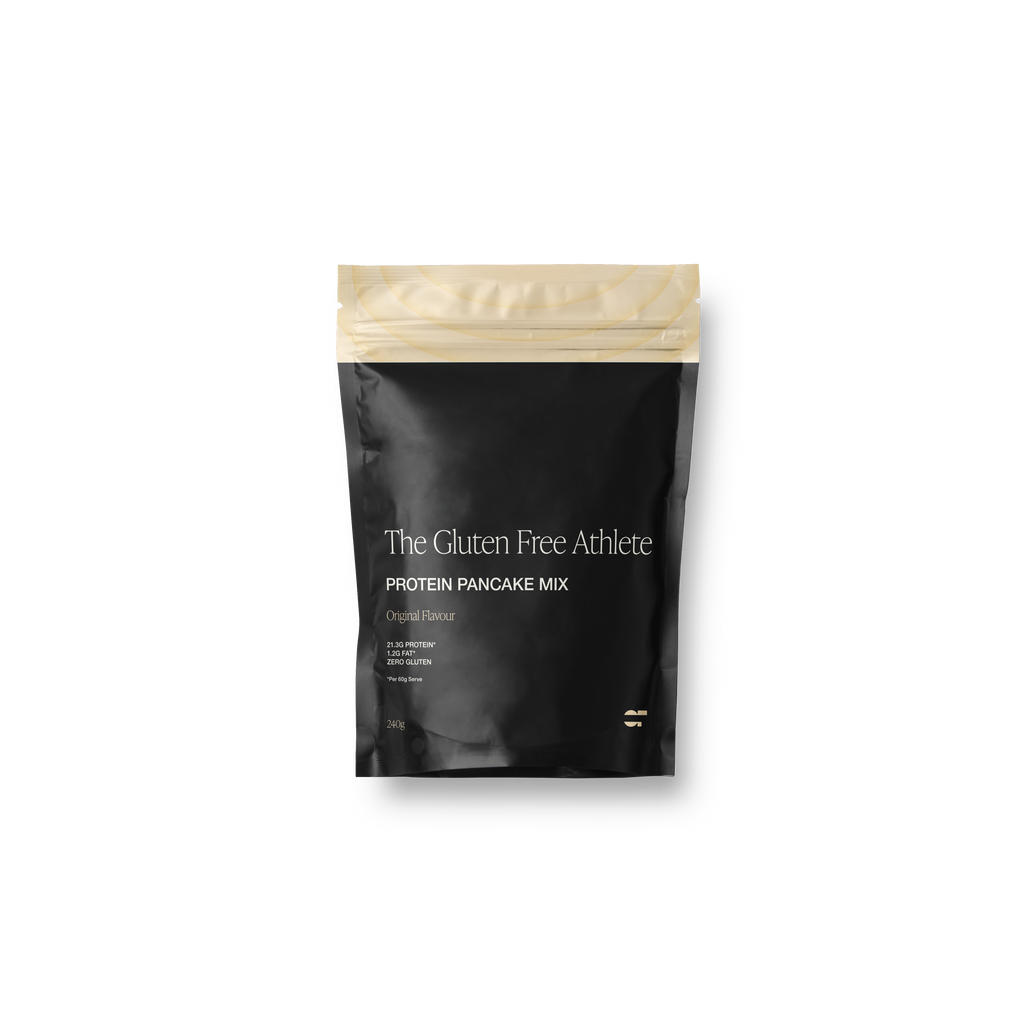
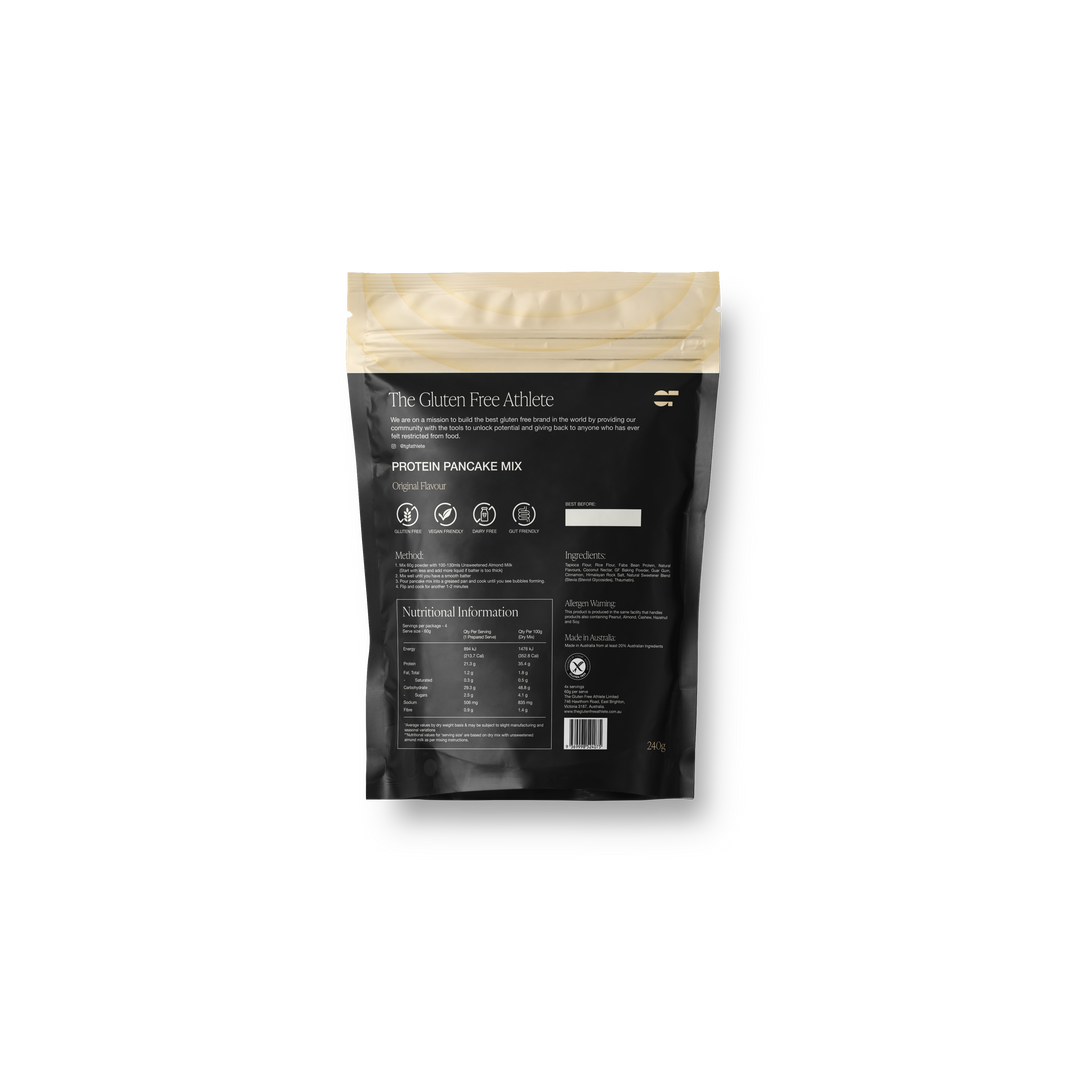
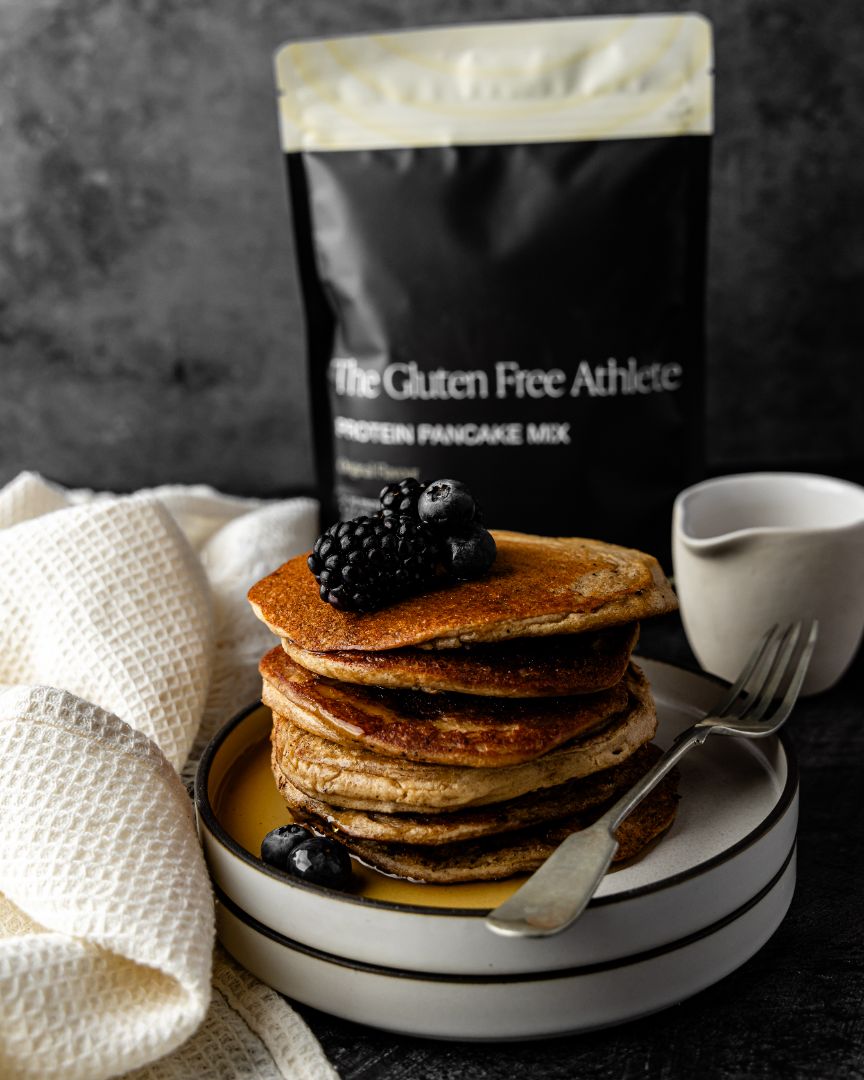
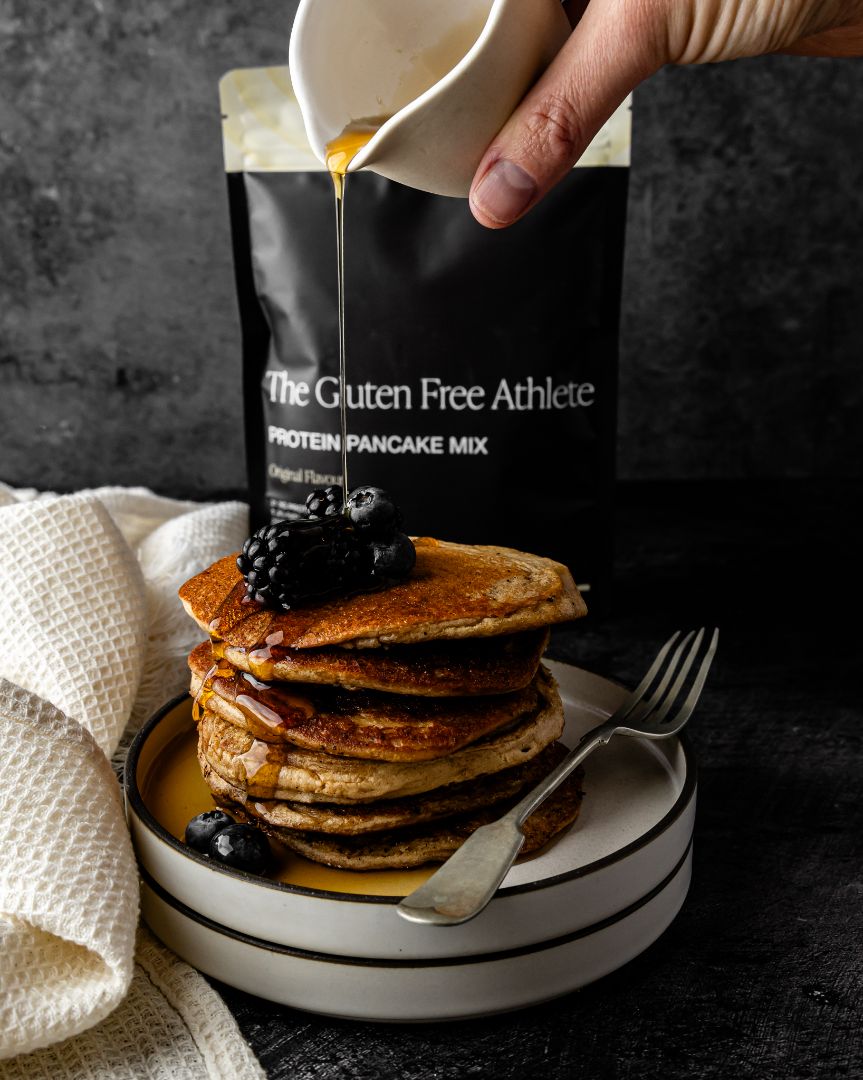
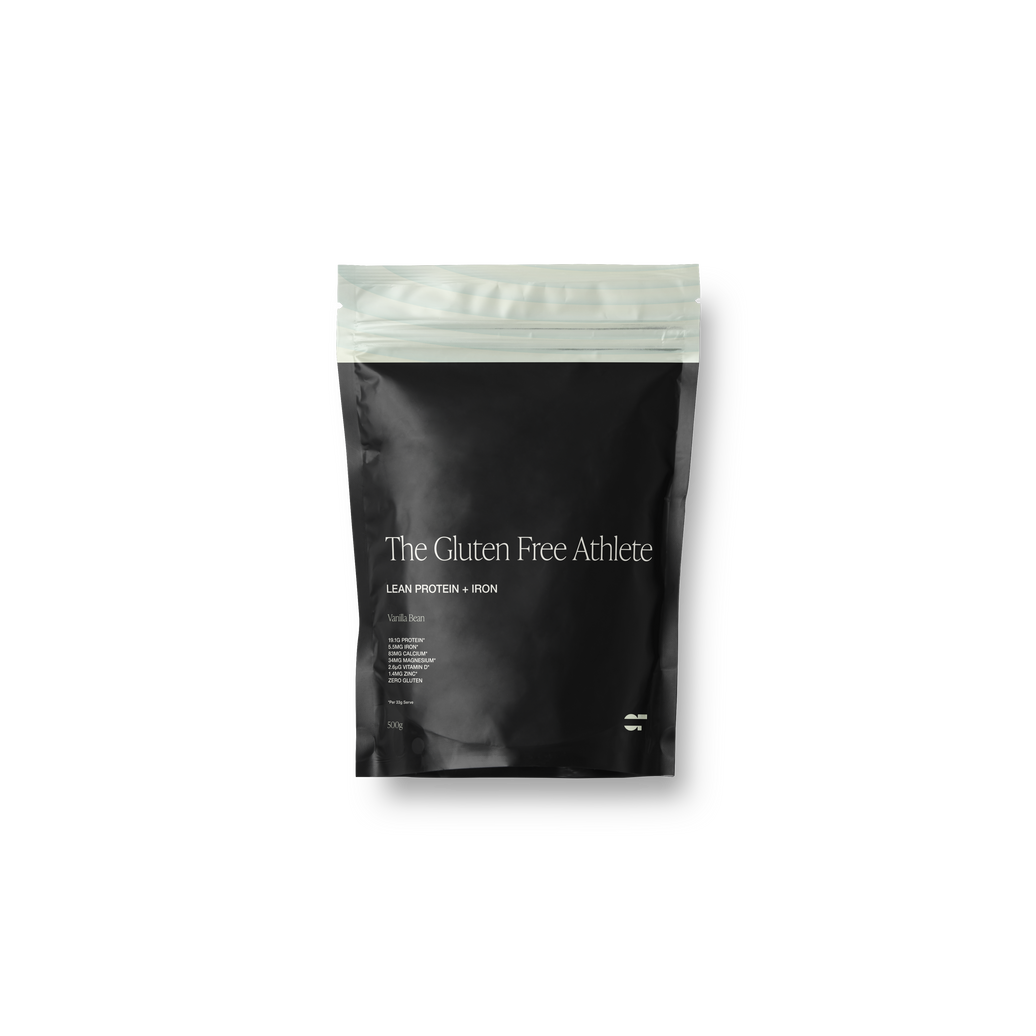
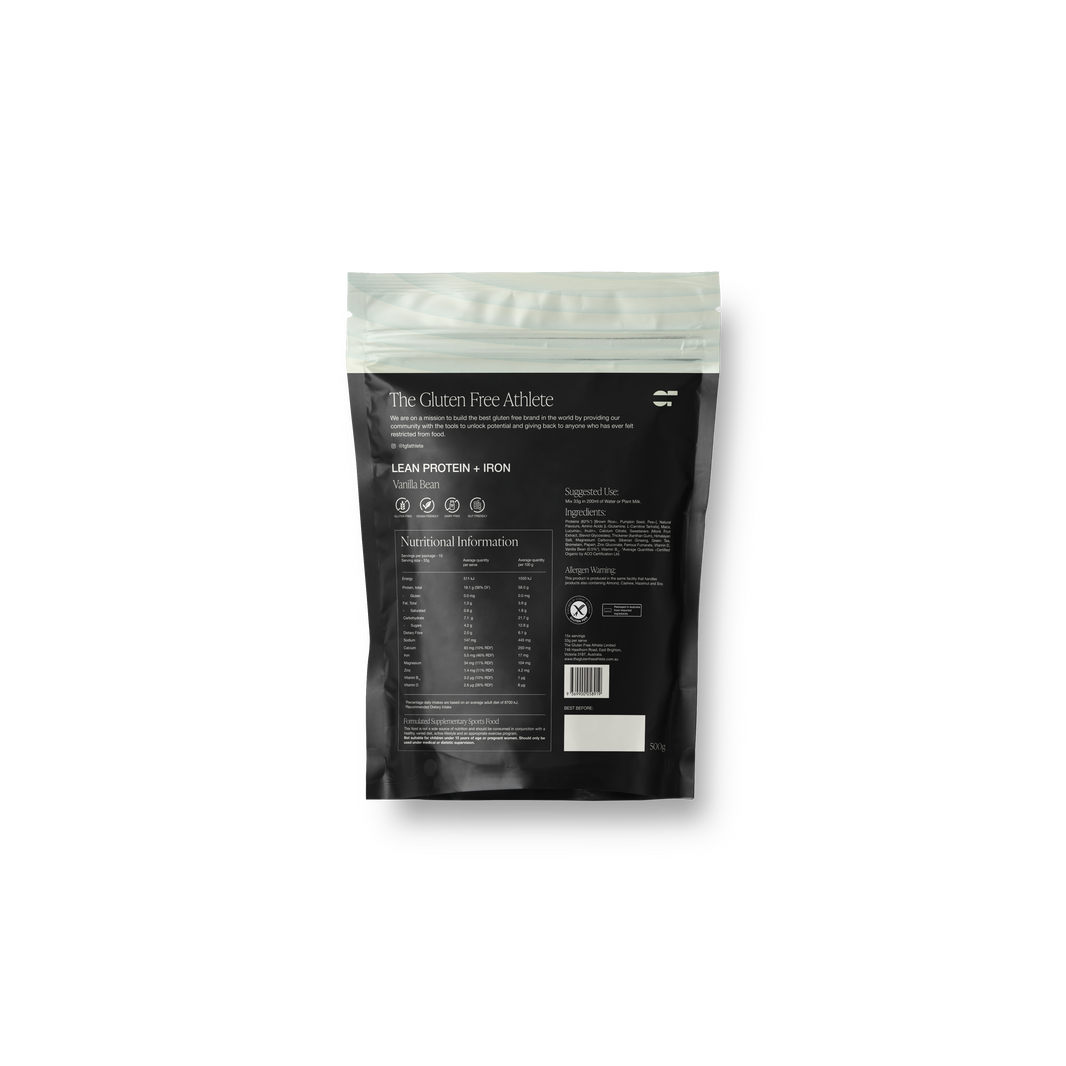
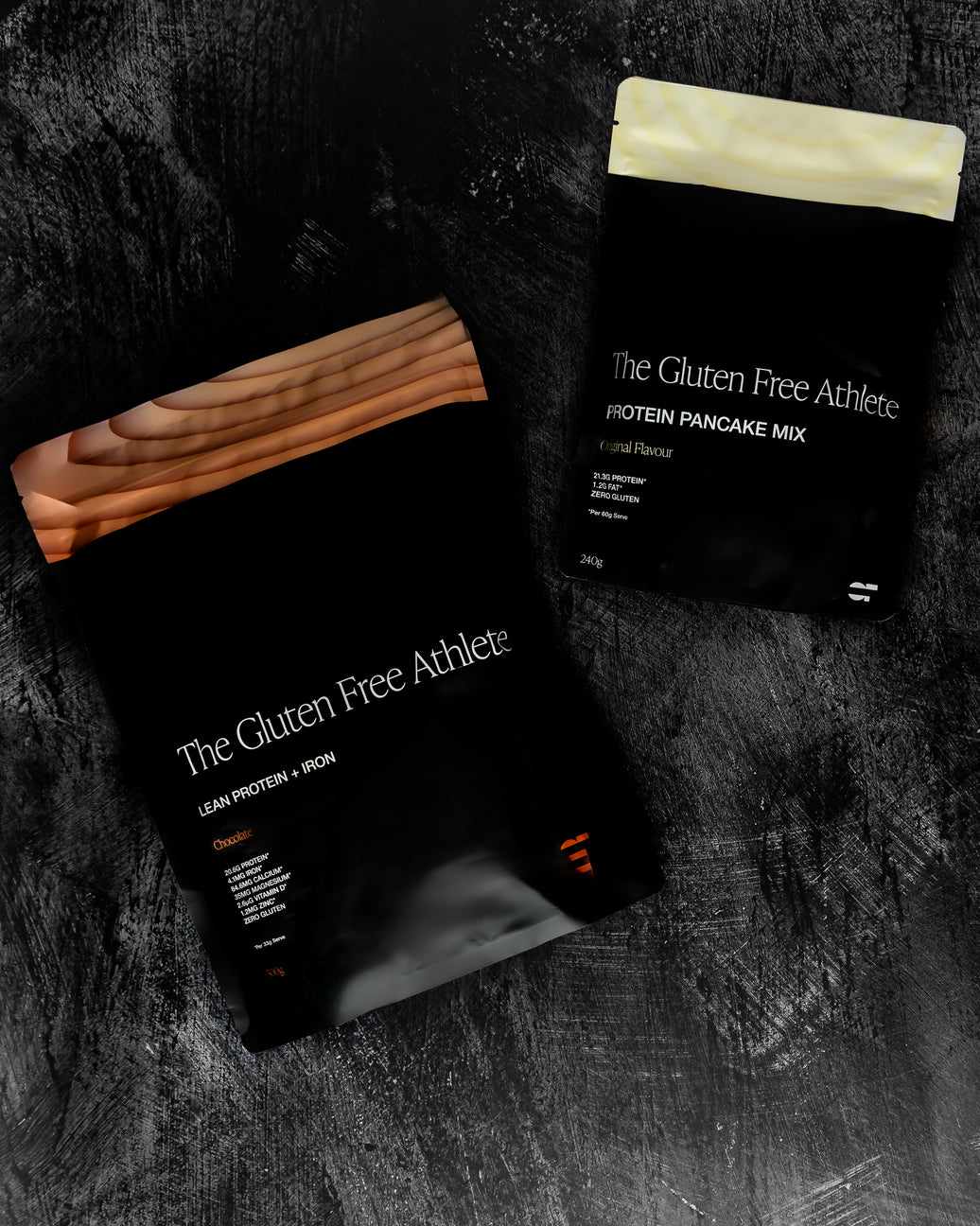
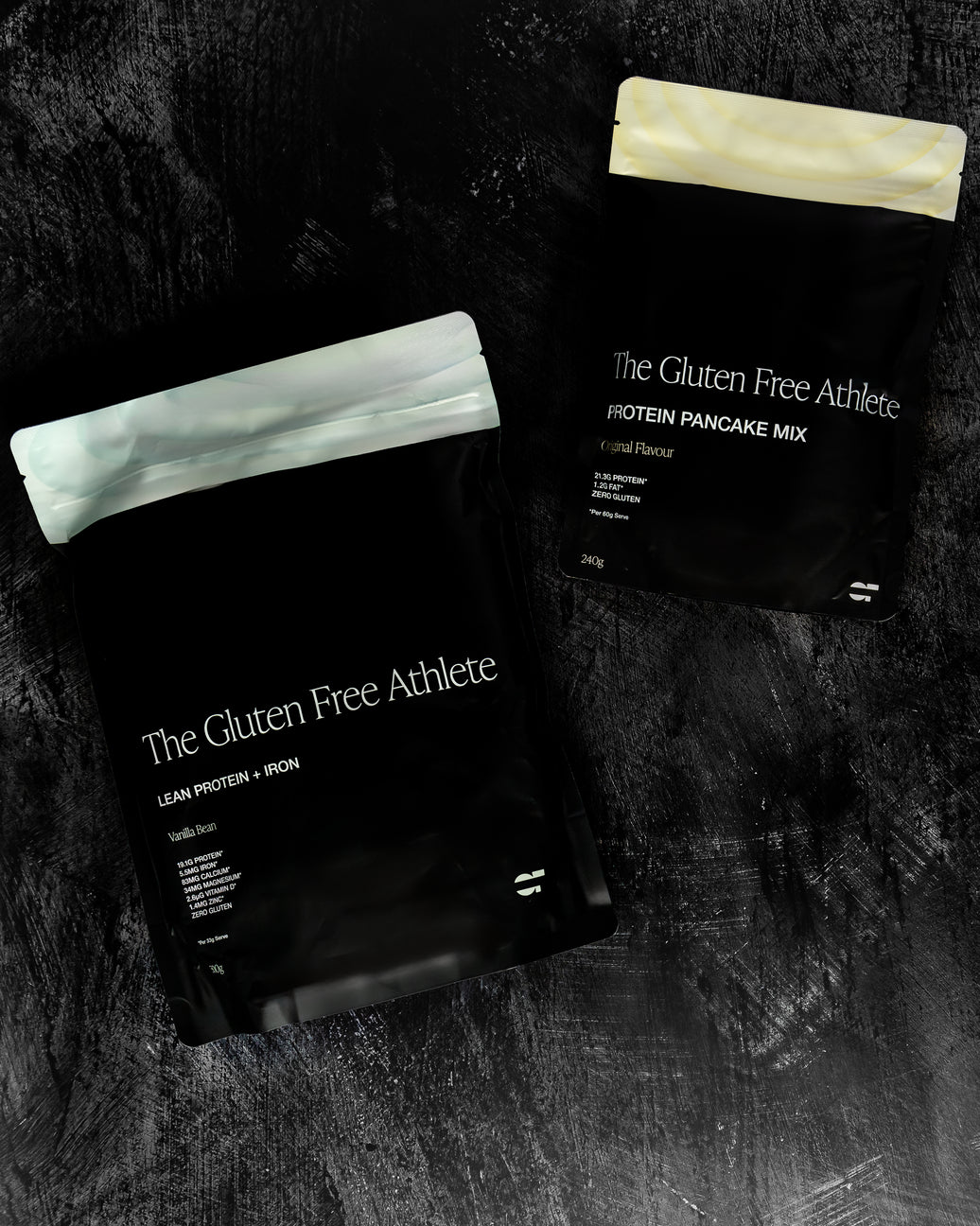
Leave a comment